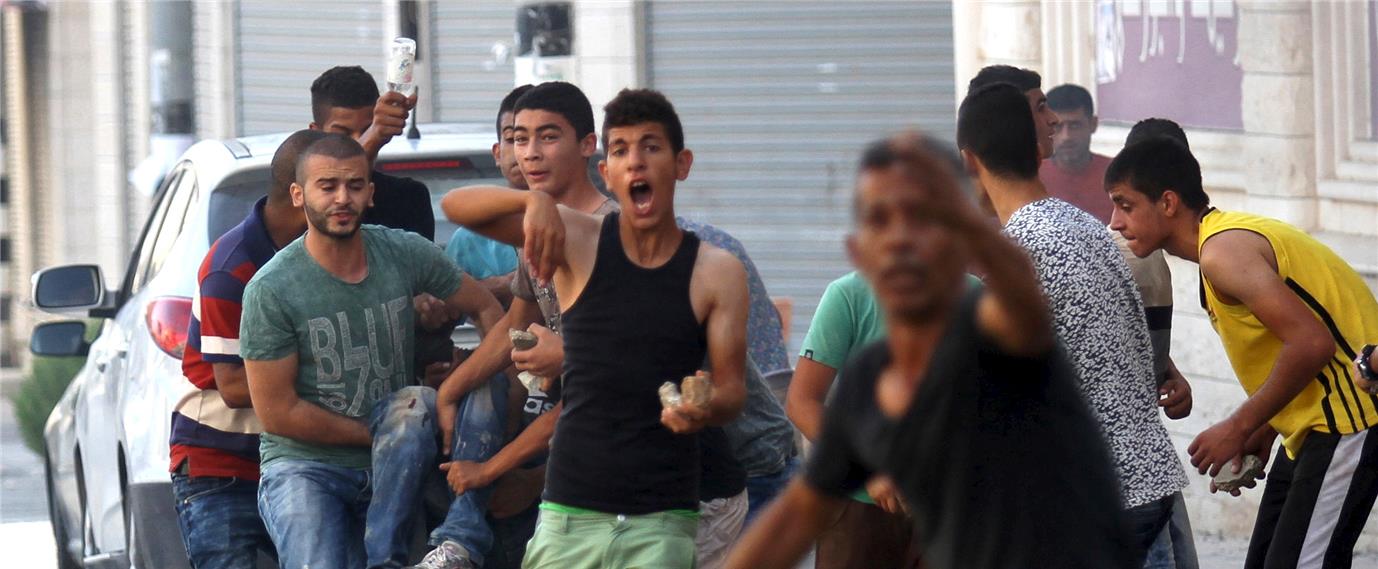كُنت كغيري أعتقد أن التضليل الإعلامي يسير في اتجاه واحد تكون فيه الصحافة مُضلِلة ويكون فيه الجمهور مُضلَلا به، لكن ما حدث معي قبل ثلاث سنوات أثبت إمكانية عكس القاعدة التي ثبَّتت مصطلح التضليل الإعلامي في قاموسنا كجريمة تمارسها دائما الصحافة على ضحية دائمة هي الجمهور.
في المقابل لم نسمع عكس ذلك ولو لمرة واحدة، وعكس ذلك هو ما أريد تسميته بالتضليل الجمهوري الذي يلعب فيه الجمهور دور المُضلِل وتكون فيه الصحافة ضحية مُضللا بها.
قبل ثلاث سنوات تقريبا، استيقظت على رنين الهاتف بعد الفجر بقليل، على الخط، سألني زميل صحفي إن كنت أعرف ما يجري في مخيم جنين شمال الضفة الغربية المحتلة، واعتذر عن الإزعاج قبل أن أجيبه عندما سمعني أتثاءب، لكنني نهضت من الفراش بسرعة مدفوعا بقوة الحدث، مر وقت طويل جدا قبل أن نسمع عن اشتباكات مسلحة في مخيم جنين.
فتحت اللابتوب ورحت أبحث عن الأخبار في حسابات أصدقاء من المخيم على فيسبوك الذي يعتبر مصدر معلومات الصحفيين الكسالى في النهار، فما بالكم في عز الليل والنوم.
صار المواطنون في مخيم جنين صحفيين ينشرون أولا بأول على حساباتهم في فيسبوك كل ما يجري في منطقتهم بالصوت والصورة والكلمة، ومثل كل الصحفيين كنت أجمع معلومات تمهيدية لقصة قد أنجزها في الصباح بعد انتهاء العملية العسكرية الإسرائيلية في المخيم.
من خلال ما ينشره سكان المخيم على فيسبوك التقطتً قصة وحددت خياري في التغطية، كنت أعرف أن وسائل الإعلام الفلسطينية والعربية سوف تُركز في تغطيتها على الشهداء الذين سقطوا في اشتباكات مسلحة، إذن فالأمر محسوم بالنسبة لي، وهو أنني سوف أغطي ما يراه الصحفيون أقل قيمة، لذلك سجلت في دفتري اسم شهيد سقط للتو برصاص قناص من جيش الاحتلال وهو في طريقه إلى المخبز بعيدا عن الاشتباكات.
قرأت في صفحات شبان من مخيم جنين معلومات عن شهيد المخبز ونشر بعضهم فيديو يوثق اللحظات الأولى لسقوط الشهيد برصاص قناص، وعرفت أنه الشاب الوحيد من عائلته الذي يعمل في مخبز ليعيل أمه وإخوته الصغار.
ومع طلوع الصباح خرجتُ من البيت قاصدا المخيم الذي يبعد عني حوالي 20كم، وقبل وصوله عرجت على مستشفى جنين حيث يصل الجرحى والشهداء إليه أولا، فعليا لم أكن مستعجلا في الوصول إلى المخيم لأنني لم أذهب لجمع أخبار عاجلة كانت قد وصلت ونُشرت في وسائل الإعلام وانتهى الأمر قبل طلوع الشمس بفعل الفيسبوك.
مكثتُ في مستشفى جنين حوالي ساعتين في انتظار دوري لدخول ثلاجة الموتى وإلقاء نظرة على الشهداء وفي يدي الكاميرا، سألت شبانا ينتحبون داخل الثلاجة عن شهيد المخبز فرفعوا الغطاء عن وجهه، حفظت ملامحه ومضيت إلى الصدمة على باب مخيم جنين.
بمجرد أن دخلت المخيم صدمتني بوسترات مطبوعة على الجدران لشهيد المخبز ألصقها عناصر من إحدى التنظيمات الفلسطينية، ووضحوا فيها أنهم ينعون قائدا ميدانيا سقط في اشتباك مسلح مع قوات الاحتلال.
لقد قال التنظيم كلمته وانتهى الأمر، وعليَّ كصحفي أن أنقل هذه الرواية كي لا أقع في فخ الاستخفاف بالشهداء في منطقة حساسة، لقد وجدت نفسي في امتحان صعب، ماذا يجب أن أفعل؟
ثم ماذا لو لم أكن أعرف من الفجر قصة الشهيد الذي سقط وهو في طريقه إلى المخبز وهذه لعمري قصة مؤثرة ونهاية لا تقل شرفا عن الاستشهاد في الاشتباكات، لكن التنظيم قال كلمته وانتهى الأمر.
لو لم أكن أعلم بقصة الشهيد كنت سأنقل للجمهور قصة مضللة ولا يستطيع أي شخص مجادلتي أو اكتشاف كذبي فيها لأنني وقتها أخذت رواية التنظيم، وهي الرواية النهائية لما جرى، ثم لو علم الناس الذين كانوا شهودا على الحدث بأن الصحافة قالت غير ذلك سوف يصدقوها على أنفسهم ويعجبون بروايتها لأنها أكثر حماسا بالنسبة لهم، وسوف يحب الصحفيون أيضا روايات ساخنة وتفاصيل اشتباكية.
تجاوزت البوسترات وسألت بعض الشبان في المخيم عن الذي جرى مع شهيد المخبز فأخبروني أنه ارتقى في اشتباكات مسلحة.
بالنسبة لي كصحفي انتهى أمر القصة التي جئت لتغطيتها، ويجب أن أقول ما يقوله الناس، سوف أجري مقابلات معهم ويشرحون ذلك، وهكذا ليس علي حرج. لا، أنا أعرف أنه سقط في طريقه إلى المخبز لإطعام إخوته.. هذه قصة مشرفة، لقد شاهدت الفيديو ونشر الشبان الحقيقة لحظة حصولها قبل أن تستيقظ الفصائل وتشغل مطابعها لتضليل الصحفيين.
اكتشفت في ذلك اليوم الدامي كيف يضلل الناس الصحفيين، ونقلت وسائل الإعلام المحلية رواية الناس والتنظيمات، هذا ما يحب الناس سماعه في الإعلام وهذا ما يحب الصحفيون تلاوته على الناس، وأنا ماذا أفعل؟
ربما من حسن حظي أنني أعمل في قسم القصص الإنسانية والتلفزيونية في وكالتي، وبأنه يمكنني أن أتصل برئيس التحرير وأخبره بأنني عائد إلى البيت من دون قصة لأسباب سأشرحها لاحقا، لكن ماذا كان سيفعل صحفي يعمل مع قناة تلفزيونية حجزت لتقريره مكانا في نشراتها القادمة. أعتقد أنه سيقع في فخ تضليل الناس للصحافة وينجز قصته ويمضي.
أنا حزين الآن لأنني لم أتحداهم ولم أنقل الرواية الحقيقية لما حصل مع شهيد المخبز مع أن ذلك قد يكلفني الكثير، لكنني راضٍ لأنني لم أنقل روايتهم ولم أقل للناس عكس ما أعرف من حقائق.








































